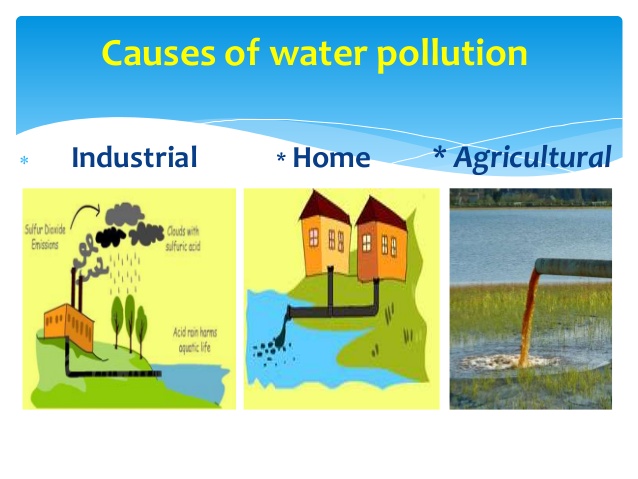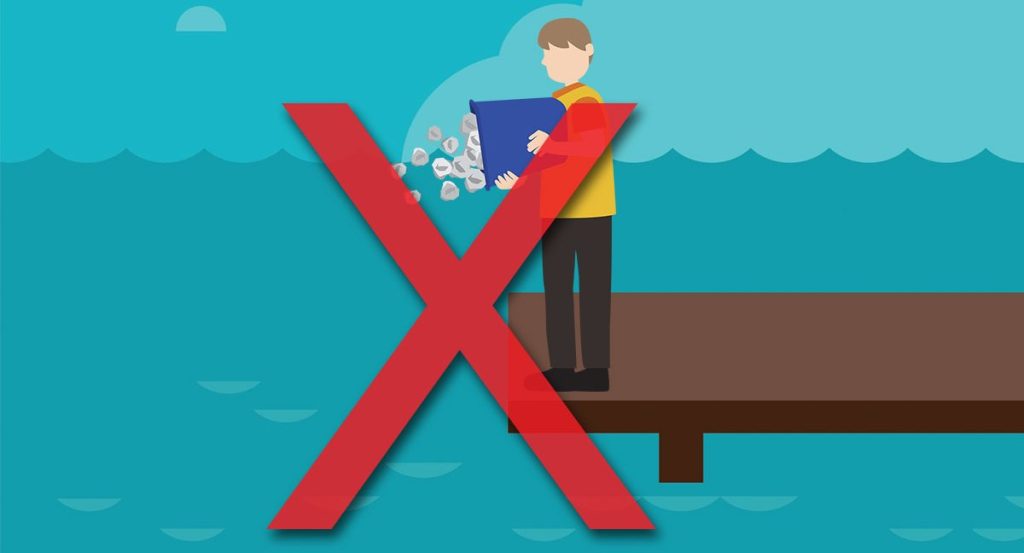
Causes of water pollution:
1. Industrial Wastes: Industrial activities such as mining, manufacturing, and agriculture generate large amounts of hazardous chemicals, such as oil, lead, mercury, arsenic, and other toxic substances, which are often released into water sources.
2. Sewage and Wastewater: Sewage and wastewater from domestic activities, such as bathing, laundry, and dishwashing, contain high levels of organic matter, such as detergents, soaps, and other chemicals that can contaminate water sources.
3. Agricultural Runoff: Fertilizers and pesticides used in agricultural activities can leach into water sources, leading to eutrophication and other water pollution problems.
4. Leaking Underground Storage Tanks: Leaking underground storage tanks can release chemicals, such as gasoline and oil, into the soil and groundwater.
5. Oil spills: Oil spills from ships and rigs can contaminate large areas of water.
Methods to avoid water pollution:

1. Reduce Industrial Wastes: Industries should use pollution control technologies to reduce the release of hazardous chemicals into water sources.
2. Treat Sewage and Wastewater: It is important to treat sewage and wastewater before it is released into water sources. This can be done through wastewater treatment plants.
3. Minimize Use of Fertilizers and Pesticides: Farmers should minimize the use of fertilizers and pesticides and use natural alternatives whenever possible.
4. Clean Up Leaking Underground Storage Tanks: Leaking underground storage tanks should be identified and cleaned up to prevent further contamination of water sources.
5. Adopt Strict Regulations on Oil Spills: Governments should adopt strict regulations on oil spills from ships and rigs to prevent further contamination of water sources.
